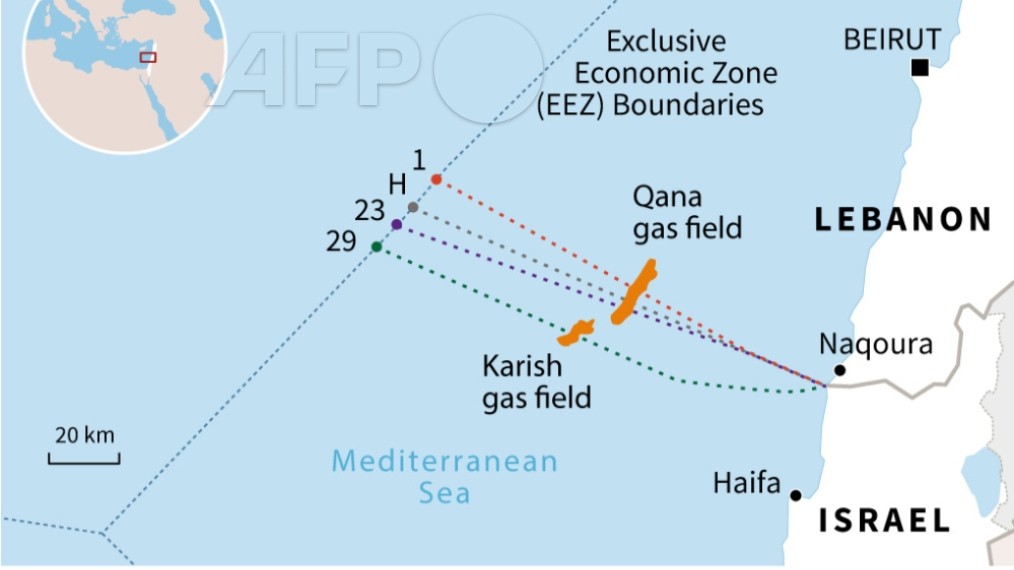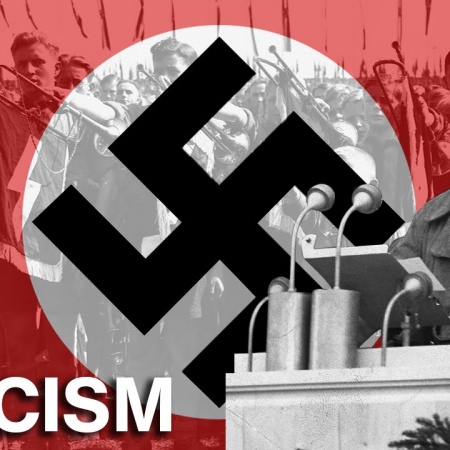Iran and Pakistan: Pluses and Minuses
By Geoffrey Cook, TMO
Alameda (Calif.)–In a confidential memo intercepted and published by WikiLeaks, the (former) Pakistani Foreign Minister Kausuri stated to American governmental figure(s): “We are the only Muslim country to have such weapons, and don’t want anyone else to get it(!)†Regarding, Abdul Khan’s “personal†proliferation, a U.S. cable from Karachi stated that the Musharraf regime was attempting to dissuade Iran from developing nuclear weapons.
(Much has changed from the Pak policy of proxy proliferation against the Israeli threat toward the end of the Musharraf regime.)
Pakistan, also, acted as a behind the scenes negotiator between Iran and D.C. (the District of Columbia). It involved seven phone calls between Islamabad and Tehran and eleven with Washington. During this period, the COAS (Commander of the Armed Services) and Foreign Minister Kausuri attempted to convey to Persia that provoking nuclear conflict would “endanger…regional – and Pakistan’s “domestic security.†Further, it had not only the potential of destabilizing Musharraf’s Government, but to “inflame sectarian tensions†within the Pakistani homeland.
At the same time, the Rawalpindi generals advised the Foreign Ministry it was a “PR stunt,†and Iran’s nuclear-enrichment capabilities were not a new thing, and Washington should merely “humor them.â€
On the other hand, The Pakistani Prime Minister (PM) “Aziz and [the Turkish PM] Erdogen, also condemned [Iran’s Chief Executive] Ahmedinjad’s statements against Israel as completely unacceptable…â€
(Pakistan’s policy towards its close neighbor seems to have gone as a bulwark against Israel to an expanding threat to Islamabad.)
It is quite clear from the foregoing that Pakistan comprehends a potential threat from the Medes, but, at the same time, it is more concerned over a major disruption on its borders since the mineral wealth of Iran is essential to its own growth and basic requirements.
Hina Khar, the current Foreign Minister of Pakistan is reported to have stated that Pakistan’s sovereignty should be respected. Further, that no decision should be made against the national interests of her nation. Particularly, among the prime purgatives, is the Pak-Iran pipeline project, and should not be pressured by external elements, especially, the West’s boycott against the Persian Gulf country. “The [pipeline] projects are in [our] interests…â€
(Eventually, India desires to have this pipeline expanded into its own territory, too. Bharat is one of the super economic “tigers,†and her and her major competitor (China) are rich in highly polluting coal to fuel their growth, and, thus, they are destroying their very environments, and cleaner energy is called for. Natural gas is one such cleaner form. Iran and Israel are informal “allies of India,†but India’s improving relationship with Pakistan and her interest in her stability are essential to New Deli’s GNP (Gross National Product), also, and may discourage India from intervening against Pakistan if Iran is attacked by Israel, and Pakistan feels it is in its national interests to give its Western neighbor succor, or to attack the Israeli base in the Arabian Sea and Tel Aviv’ direct nuclear threat to Rawalpindi.)
The Foreign Minister affirmed that Pakistan felt that regional security depended upon their (Iran and Pakistan’s) mutual security although she advocated continuing talks and trade with India. Yet, “…Pakistan will pursue its co-operation with Iran.â€
Your author has shown mixed possibilities over what A.Q. Khan had begun. Curiously, Pakistan’s reaction as a nuclear power is central to any conflict that may erupt between Israel and Iran if the worst is to happen. Definitely, if Israel employs its nuclear prowess, Rawalpindi will be forced to respond. On the other hand, if the war remains conventional, Islamabad has many alternatives to follow.
The situation is most disquieting, for both Pakistan and Israel are nuclear-tipped with Iran having the largest conventional armed forces in the Middle East. Your author heard one of the top-ranking ten (retired) U.S. generals, who took out an ad in the New York Times, to dissuade Washington from taking part in any assault on Iran two weeks ago. When asked by his BBC World Service interviewer what would happen? The General replied that the UAE (United Arab Emirates) first would be decimated, and, then, the Straits of Hormuz would be closed. This would force the American Navy to open the vital waterways to the West. Furthermore, Iran has the capability to attack Washington’s Forces in Afghanistan and Iraq. Besides, the other NATO (North Atlantic Treaty Organization) nations would be obliged to protect their interests in the Middle Eastern mineral wealth (oil). This would encourage most of the Arab League to come to the rescue of Iran spreading probably to South Asia, and even to Central Asia, too, leading to a major regional conflagration.
Your commentator contemplates going into this subjects in future posts, for he is committed to help preventing this war by the means in his hand (writing).
14-12















2012
1,272 views
views
0
comments